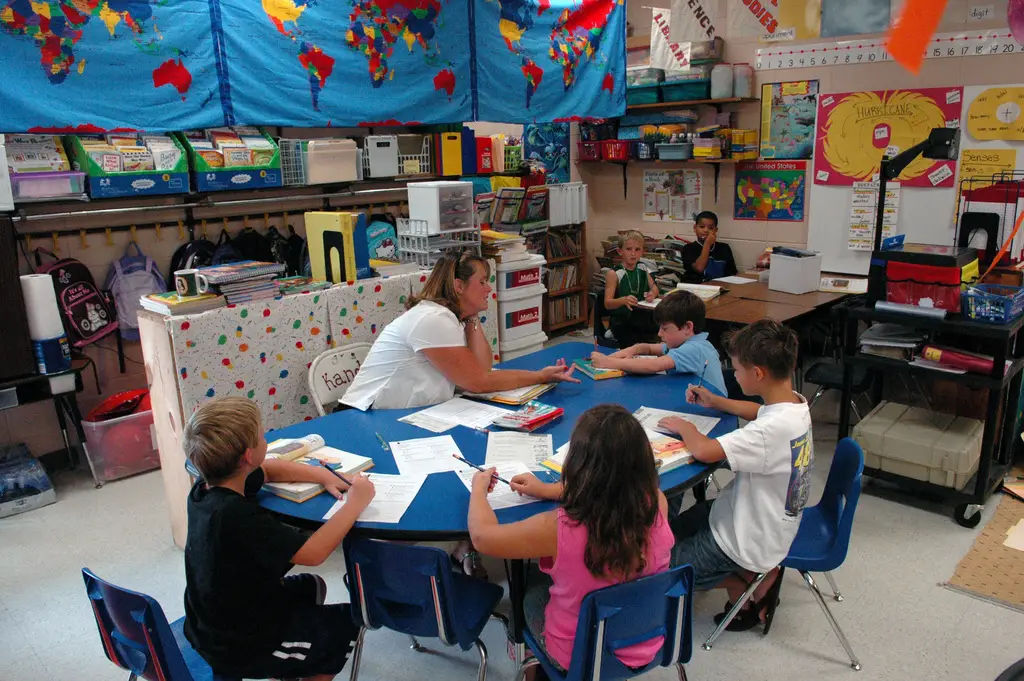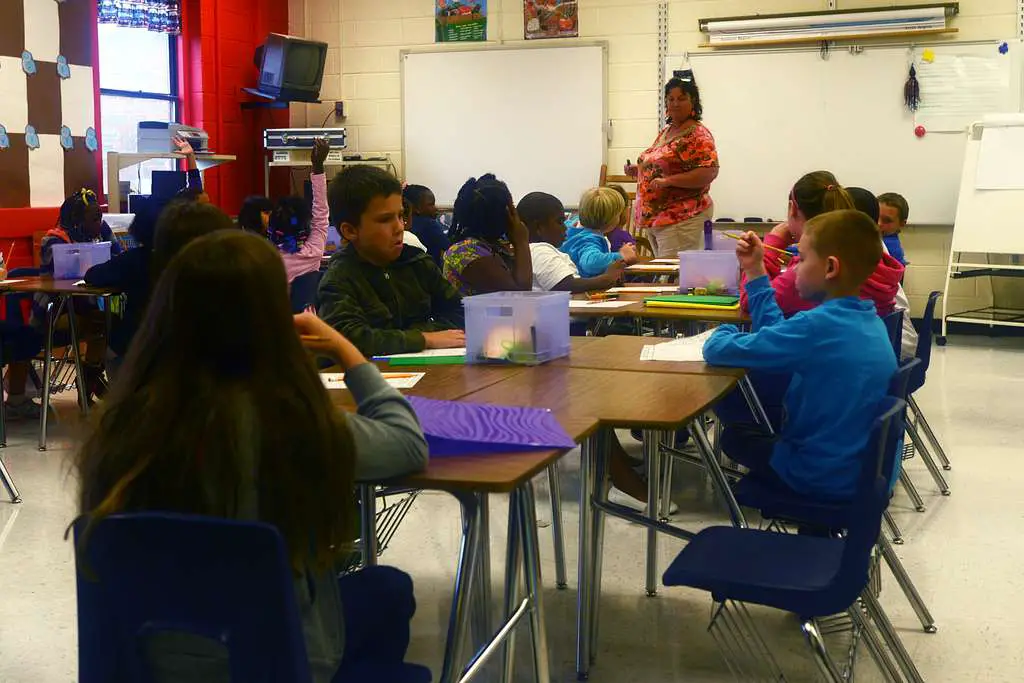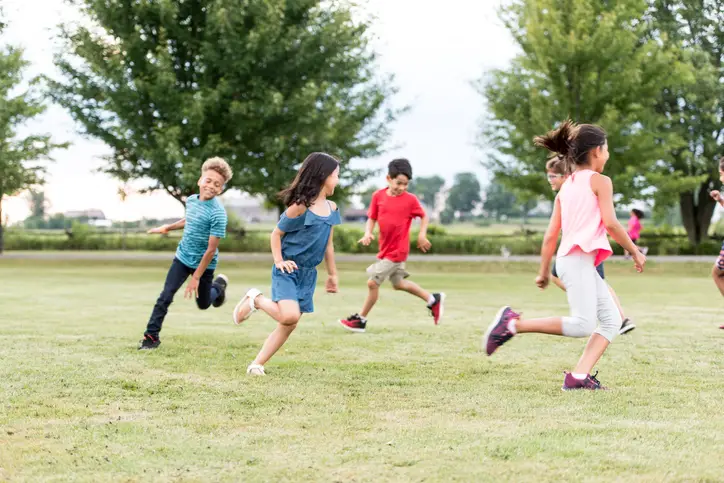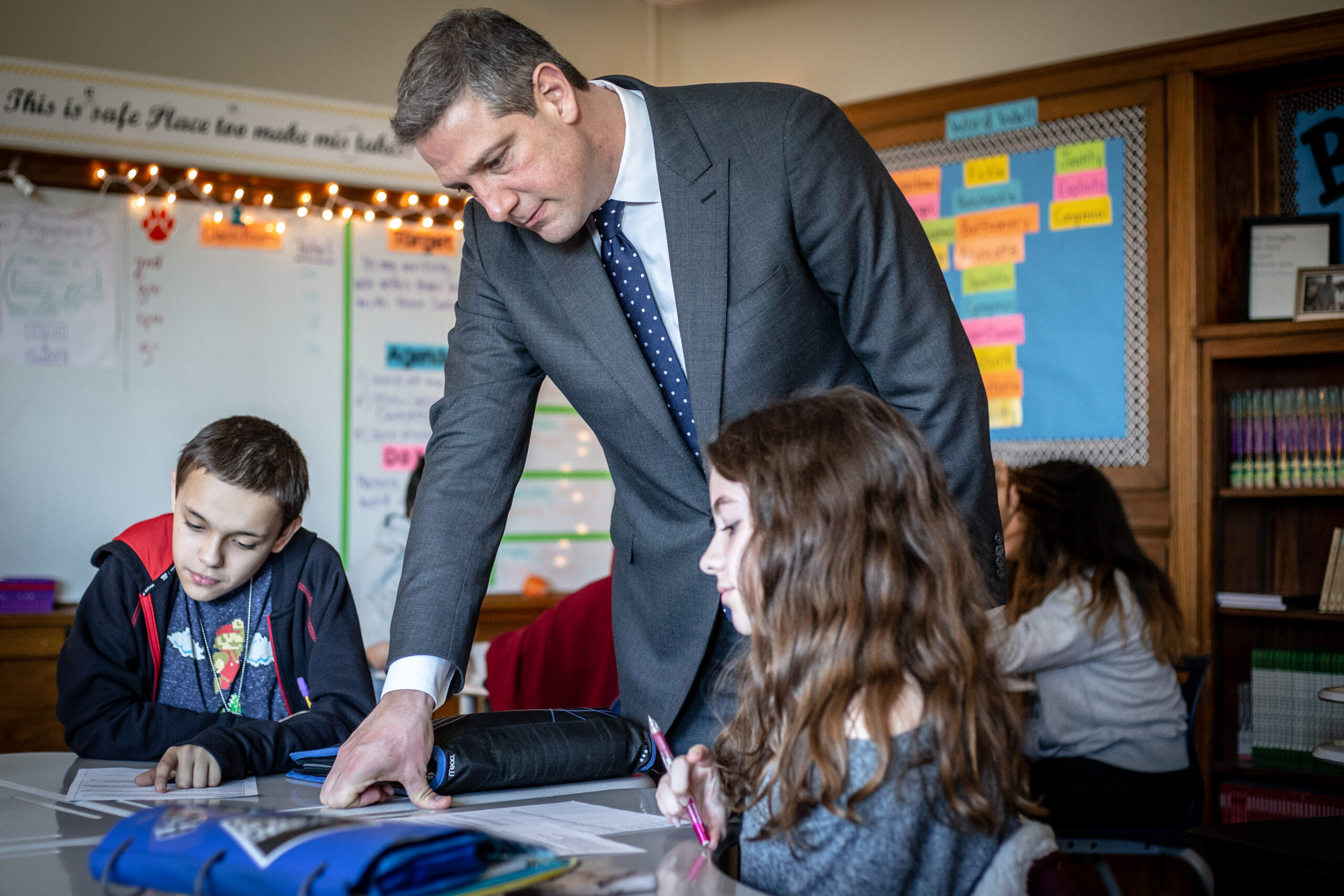In the hallowed halls of your old school, you likely sat through lessons that, in hindsight, feel as useful as a chocolate teapot. While you conjugated verbs and solved for x, crucial life skills went untaught. Imagine if those lessons had instead equipped you for the real world: the art of negotiation, the science of resilience, the unteachable gift of self-awareness. Here are thirteen outdated school lessons that could’ve made way for the real education you didn’t know you needed.
1. Cursive Writing Practice

Remember those endless loops and swirls of cursive writing practice? While it may have felt like a rite of passage, the truth is you rarely use it outside of signing your name. In today’s digital age, typing skills have taken precedence, leaving cursive as more of a nostalgic novelty than a necessity. It’s time to swap those cursive drills for classes in personal finance, where you’d learn to sign checks you actually know how to balance.
According to a report by the National Endowment for Financial Education, only 24% of millennials demonstrate basic financial literacy. If that doesn’t scream for a curriculum overhaul, what does? Imagine if your hours spent perfecting the perfect “Q” were instead dedicated to understanding compound interest or creating a monthly budget. The skills would be as permanent as ink on paper, but infinitely more applicable.
2. The Pythagorean Theorem

Yes, it’s a classic, but unless you’re building cathedrals or designing bridges, how often do you find yourself applying the Pythagorean theorem in daily life? It was a cornerstone of geometry class, yet left most students pondering its real-world application beyond the classroom. Instead of spending countless hours on triangles, why not learn the geometry of a well-negotiated raise, or the angles of navigating a difficult conversation?
Critical thinking and negotiation are the modern-day methods to solve the personal problems you’ll inevitably face. Replacing some of that theoretical math with the art of persuasion could empower you to advocate for yourself in ways that x, y, and z never could. Imagine walking into a room and knowing how to strategically present your case, whether it’s for a promotion or a peace treaty with a stubborn roommate.
3. Memorizing Historical Dates

It’s not that history isn’t valuable—it’s that memorizing dates is a futile exercise when the internet holds that data at the tip of your fingers. What’s more vital is understanding the causes and effects that shaped those historical milestones. A class could instead delve into how history informs current events, fostering a generation that’s not just aware, but also active in shaping their own narratives.
According to a study published in the journal “Nature Human Behaviour,” students who engage in active learning are more likely to retain information and apply it effectively. Consider the shift to interactive discussions on history’s relevance today rather than rote memorization. You’d not only recall the past but be empowered to use its lessons in your own life, becoming a truly informed global citizen.
4. Diagramming Sentences

Sentence diagramming, anyone? This archaic exercise was akin to academic Sudoku for bookworms, yet left many grappling with its real-world application. While understanding language structure is important, digging into the nitty-gritty of sentence parts doesn’t necessarily make you a better communicator. Swap out those diagrams for lessons in emotional intelligence—learning to read people rather than prepositions.
Emotional intelligence, unlike sentence structure, doesn’t come with a clear formula. It’s an art, a nuanced understanding of human interaction, and the ability to empathize. These are the skills that close deals, build relationships, and create leaders. If you have to choose between perfect syntax and perfect empathy, the choice is clear.
5. Reciting The Periodic Table

Chemistry class often felt like a rite of passage through the arcane knowledge of the elements. Reciting the periodic table might win you points on trivia night, but rarely does it translate into tangible skills for everyday living. Instead, consider a curriculum shift towards environmental education—arming students with the knowledge to tackle climate change and sustainability issues.
Dr. Elizabeth Hadly, a professor of biology at Stanford University, suggests that an understanding of environmental issues is crucial for future generations. In a world facing escalating climate concerns, lessons in sustainability could be the most relevant chemistry of all. Rather than memorizing elements, students could learn about the elements of change, empowering them to make informed decisions about their world.
6. Learning To Use A Protractor

While mastering the protractor might have felt like an achievement, ask yourself: When was the last time you measured an angle in real life? For most, it’s a tool that’s been left gathering dust since high school. Replace this geometric relic with the study of digital literacy, the ability to navigate the ever-evolving tech landscape that dominates modern life.
In an age where technology is intertwined with nearly every aspect of daily life, digital literacy is not just a skill but a necessity. Being adept at online safety, digital communication, and even basic coding can give you an edge in countless fields. Imagine if the time spent with a protractor was instead devoted to understanding how to protect your privacy online or the basics of app development.
7. Spelling Bees

Spelling bees are charming and nerve-wracking, and while they might hone your orthographic skills, they don’t prepare you for the linguistic realities of modern communication. We live in a world where autocorrect and spell-check are ubiquitous, making rote memorization of spellings somewhat redundant. Instead, how about classes on public speaking—where the focus shifts from spelling to speaking eloquently and persuasively?
Research from the University of California, Santa Barbara shows that effective communication is linked to greater career success and higher income potential. It’s not enough to spell words correctly; you need to string them together in a way that influences and inspires. Replacing spelling drills with public speaking practice could transform shy students into confident orators, ready to take on any audience.
8. Square Dancing In Gym Class

Ah, square dancing—an annual tradition that felt more like a historical reenactment than physical education. While it’s a nod to cultural heritage, the likelihood of this skill being useful at your next social gathering is slim. Instead, these hours could be spent on teaching nutrition and fitness planning, essential skills for a healthy lifestyle.
Understanding how to maintain physical health is far more beneficial than mastering a do-si-do. Fitness and wellness education can help students make informed choices about their bodies and well-being. In a world where health is wealth, knowing how to craft a balanced diet or create a personalized fitness plan is invaluable. Goodbye, square dancing—hello, lifelong health.
9. Learning About Dinosaurs

Dinosaurs have long captivated the imagination of children, but unless you’re on track to be a paleontologist, their real-world application is limited. While it’s fascinating to learn about these ancient beasts, what if the time spent on dinosaurs was dedicated to teaching about current biodiversity and conservation efforts instead?
Understanding the importance of protecting our planet’s current species could inspire a generation of environmental stewards. Rather than memorizing Tyrannosaurus facts, students could learn about endangered species and the impact of human activity on ecosystems. This shift in focus could foster a deeper respect for the natural world and a commitment to its preservation.
10. The Water Cycle

The water cycle was drilled into your brain with diagrams and flowcharts, depicting the endless journey of water from ocean to cloud to rain and back again. While knowing about evaporation and precipitation is handy, does it prepare you for the complexities of modern water issues, like scarcity and pollution?
Replacing simple water cycle lessons with an education in water conservation and management could be far more impactful. Students could learn about the global water crisis, the importance of sustainable consumption, and how they can make a difference. This knowledge would serve as a catalyst for change, encouraging responsible stewardship of one of our most precious resources.
11. Typewriter Classes

Typing classes once seemed essential, but they often took place on archaic keyboards that barely resemble today’s sleek, wireless models. Why not update this curriculum to reflect the current digital landscape, focusing on modern typing skills alongside essential computer proficiency?
In an era where technology evolves at breakneck speed, being tech-savvy is crucial. Classes could encompass everything from mastering productivity software to understanding cybersecurity basics. Typing is just the beginning—the real skill lies in navigating the digital world with confidence and competence.
12. Identifying Rocks And Minerals

Unless you’re a geologist, the ability to identify rocks and minerals rarely comes in handy during cocktail party conversations. While earth science has its merits, perhaps it’s time to shift focus towards teaching about renewable energy sources and sustainable practices.
The world is facing an energy crisis, and understanding alternative energy could empower students to contribute to solutions. Instead of categorizing rocks, they could learn about solar, wind, and geothermal energy, and their roles in creating a sustainable future. This knowledge could ignite a passion for innovation and environmental stewardship.
13. Obsolete Computer Programming Languages

Do you remember learning programming in a language that’s now as obsolete as floppy disks? While the logic of coding is invaluable, the languages themselves often become outdated, leaving students with skills that quickly lose relevance. Modern curricula should focus on current, widely-used languages and the fundamental concepts behind them.
Understanding the principles of coding and the ability to adapt to new languages is more beneficial than memorizing syntax. By emphasizing adaptability and problem-solving, students can stay at the forefront of technological advancements. This evolution in teaching could ensure that they remain relevant in an ever-changing digital world.
